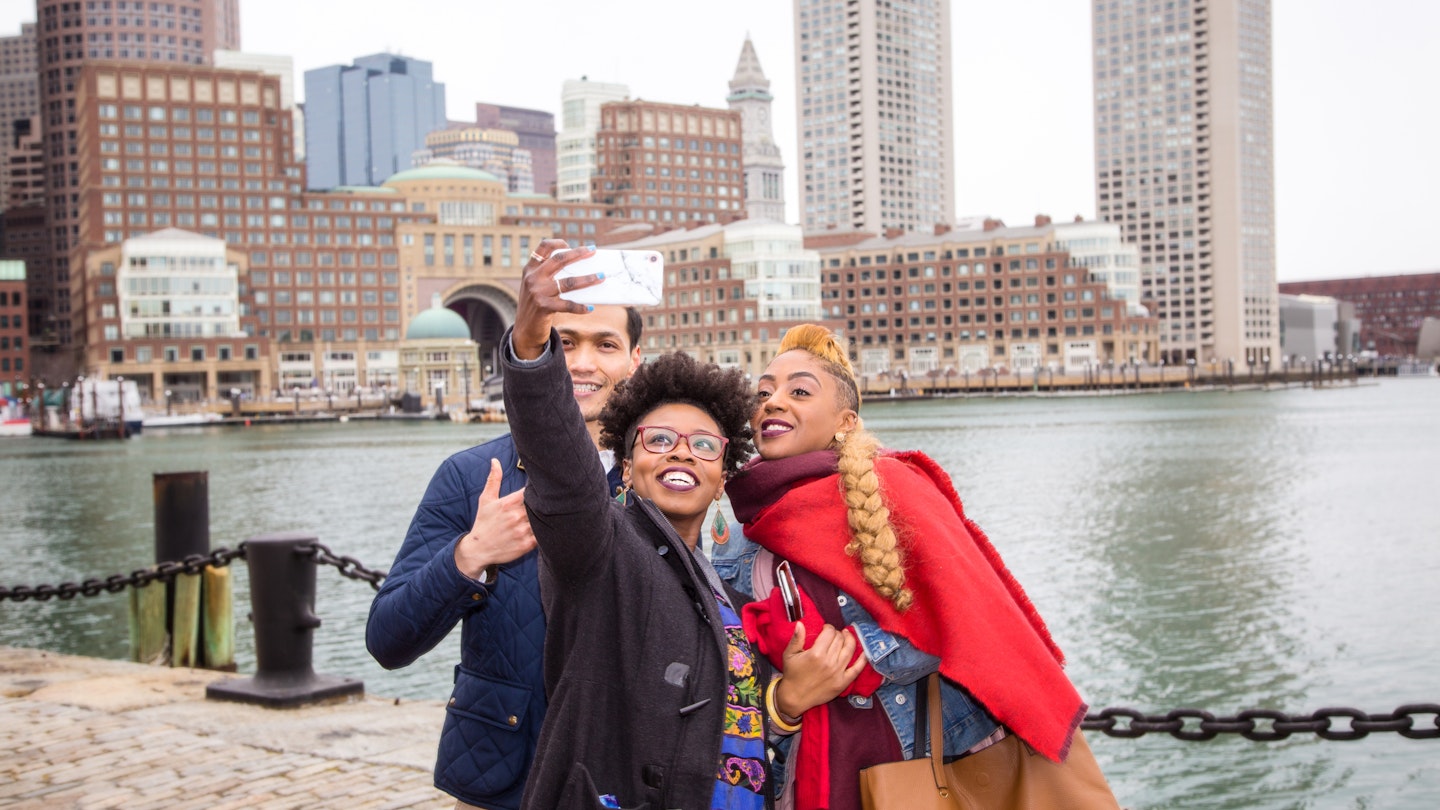12 Essential Tips for Visiting Boston
Here’s the scene: I’m visiting my future husband’s family in Boston for the first time. His mother asks if I want a tonic. It seems like an odd offer, but it sounds refreshing so I accept. Then she brings me an orange soda. What?
You’ve probably guessed that tonic is the word for soda in Bostonese – just one of many quirky regionalisms that still permeate the local dialect. Now, after nearly 25 years of living here, I think I’ve finally got them down, and I’ve learned a few other things too.
From navigating the city streets to understanding local customs, here are the top tips and tricks to know before you go to Boston.
1. Travel During Peak Season
If you’re traveling to Boston during the busy season, you will quickly discover you are not alone. To find a decent selection of seats and prices for events, it’s recommended to purchase tickets for theaters or professional sports events at least a month in advance. Popular museums, especially the New England Aquarium, also require advance tickets to guarantee entry and avoid long lines.
If you have your heart set on dining at a specific restaurant, it’s wise to make reservations a week or two ahead, particularly for weekend dining. The hottest restaurants in the city may require reservations several months in advance.
2. Skip the Car
One thing you don’t need is a rental car. Driving and parking are a huge hassle in Boston, so you’re better off exploring the city on foot. Be sure to pack comfortable shoes; Boston is best experienced by walking.
3. Prepare for Variable Weather
Boston’s weather can be unpredictable, often changing from day to day and even hour to hour. It’s advisable to bring both an umbrella and sunglasses, as conditions can shift unexpectedly. Be prepared with a jacket for cooler evenings, even in summer months.
4. Understanding Bostonians’ Reserve
Locals typically do not greet strangers on the street or strike up conversations on public transport, which can come off as reserved. However, don’t be discouraged; most Bostonians are happy to assist if you need help, so feel free to approach them with questions.
5. Learn the Local Terminology
Long-time residents have a distinctive way of describing things, especially food and drink. For example, Bostonians prefer calling a milkshake a ‘frappe’ and enjoy ‘honey-dipped’ donuts over glazed ones. Here are some essential local terms:
- Bostonians love their ‘Dunkies’ – a term of endearment for Dunkin’.
- The city’s central park is the Boston Common, the oldest public park in America.
- When using public transport, Bostonians rely on the T, short for the Massachusetts Bay Transportation Authority (MBTA).
6. Observing T Etiquette
Riding the T is a convenient way to navigate the city. However, it’s essential to be mindful of local customs:
- On escalators, stand to the right and walk on the left.
- Stand aside to let passengers exit before you board.
- Offer your seat to those in need, such as children, the elderly, pregnant women, or individuals with disabilities.
- Feel free to converse among yourselves but avoid engaging strangers in conversation.
7. Tips for Tipping
Tipping is customary in Massachusetts, especially for servers and bartenders who depend on tips for their income. In restaurants, the minimum tip is typically 15%, with 20% for good service and 25% for exceptional service.
8. The Boston Accent
The Boston accent is iconic, characterized by its dropped r’s after a vowel, as in ‘smaht kids go to Hahvahd.’ Although less common today, it remains prevalent in working-class districts. It’s best not to mock or mimic, as it’s important to respect local speech patterns.
9. Engaging in Politics and Sports
Should you engage Bostonians in conversation, you may find residents passionate about both politics and sports. While most opinions lean liberal in politics, loyalty to Boston sports teams runs deep. Be prepared for enthusiastic discussions and debates.
10. Recognizing Boston’s Complex History
Despite its progressive reputation, Boston does have a complicated history regarding race relations. The city has faced challenges regarding inclusivity, and while it has become a ‘majority minority’ city, segregation issues persist. Recent elections have seen significant milestones, like Michelle Wu becoming Boston’s first woman and person of color mayor in 2021.
11. Understanding Cannabis Regulations
Cannabis is legal for recreational use in Massachusetts, with dispensaries located throughout Boston. Adults can purchase and possess up to one ounce of marijuana, but public consumption is illegal. Be sure to follow local laws to avoid legal issues.
12. Know Emergency Contacts
In case of emergencies, call 911. For information regarding municipal services or non-emergency issues, contact 311 for assistance.





